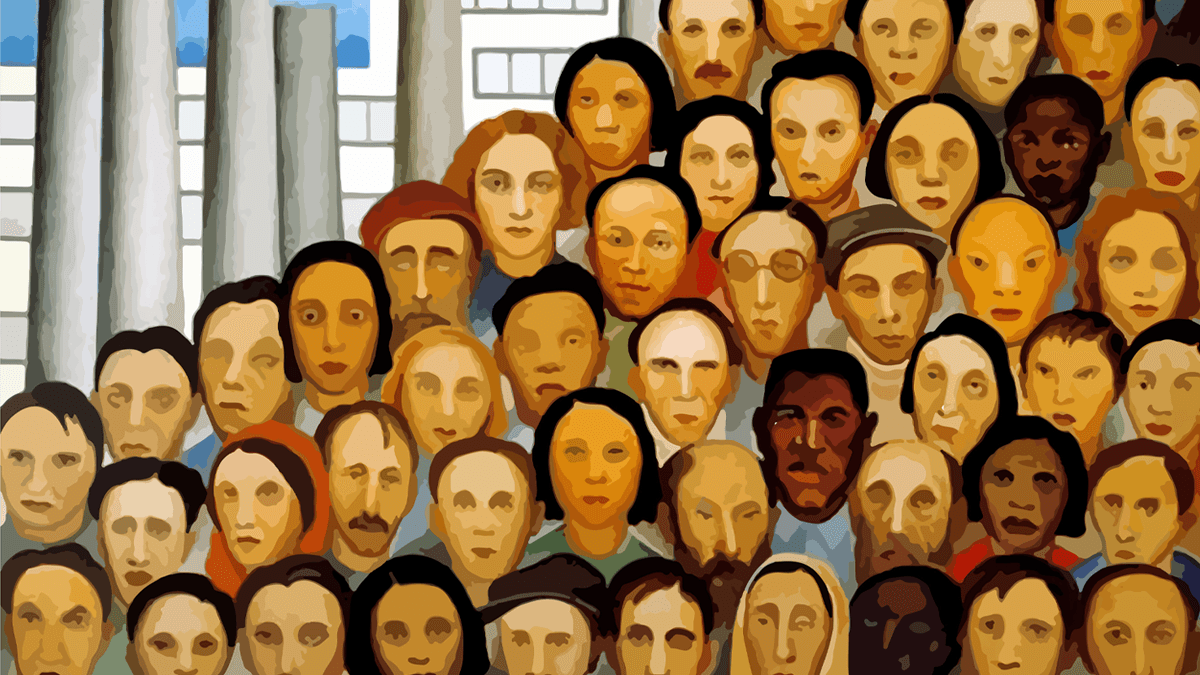The Tiger's Jersey honors and celebrates the story of Arthur Friedenreich.
Nov 20, 2022
In 1919, Pixinguinha – one of the greatest geniuses of Brazilian music – composed a Choro that mixes with the history of football. It is the classic One to Zero.
The song was inspired by a significant event: Brazil's first major title in football, that same year. The music was composed for the goal of the top scorer and the first great idol of Brazilian football, Arthur Friedenreich, against Uruguay. The story goes that there was celebration in the streets of Rio de Janeiro and São Paulo. It was the beginning of the popularization of football in Brazil. The sport was becoming a mass phenomenon.
At the beginning of the 20th century, due to its origins, the Choro was marginalized, just like black people in football. The deep communion between music and football is famous: both have the power to dissipate hatred and prejudice and, above all, to promote the dreamed – and still unachieved – equality and national unity.
On November 20th, Black Consciousness Day is celebrated, and this year, with the aim of re-signifying the history of Arthur Friedenreich or “The Tiger”, a star from the 1920s who was prevented from participating in the national team's main tournament in 1921 because a recommendation from the then-government prohibited black players from representing Brazil in football.
So that the date, which is so important in Brazil's history, does not go unnoticed at a time when the country needs to remember it more than ever, YouTube Shorts promotes and celebrates the history of Arthur “The Tiger” Friedenreich by creating the “Tiger Jersey”.
Celebrating today’s date, the rapper Djonga, known for his harsh social critiques and for the system that oppresses black people, was invited to participate in the campaign and promote it in a video.







